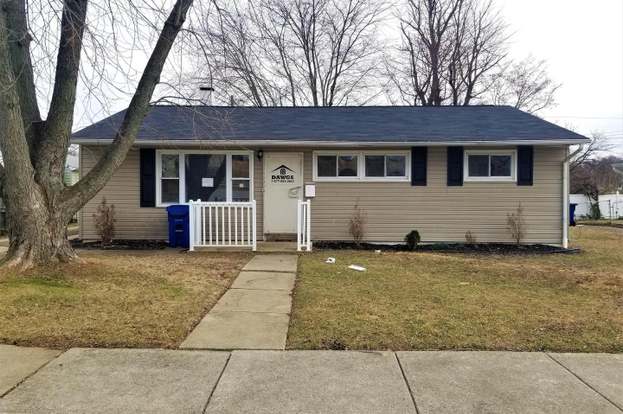

In the U.S., Black and Latino families, at the median, have only 1 cent and 8 cents respectively for every dollar held by white families. “Because a family’s home is often its greatest asset, unfair practices drive growth of the racial wealth gap. “Discrimination has led to diminished value of homes in Black neighborhoods and other communities of color,” said William Tisdale, president and CEO of the Metropolitan Milwaukee Fair Housing Council. “The settlement will allow the fair housing organizations who witnessed the effect of neglect and inaction on people and communities of color to bring needed resources to those neighborhoods and ensure that every neighborhood is a place of opportunity.” “This case demonstrates that in addition to overt acts of discrimination, actions which have a disparate impact on people and communities of color must also be addressed,” said Erin Kemple, executive director of the Connecticut Fair Housing Center. “The settlement with Fannie Mae enables private fair housing organizations to make investments in our communities of color that will advance equal housing opportunities, encourage racial integration, and promote neighborhood stabilization,” said Jim McCarthy, president and CEO of the Miami Valley Fair Housing Center in Dayton, Ohio.


“Moreover, this case encourages those who own an inventory of foreclosed homes to continually review their policies and monitor the way they preserve the value and desirability of the homes in every community in which they are located.” “This case established that the marketing and maintenance of real estate owned properties is covered under the Fair Housing Act, in line with broad interpretation of the civil rights law,” said Keenya Robertson, president and CEO of Housing Opportunities Project for Excellence. The organizations were also represented by Morgan Williams, NFHA’s general counsel, and Julia Howard-Gibbon, supervising attorney of Fair Housing Advocates of Northern California. The fair housing groups are represented by noted civil rights law firms Relman Colfax PLLC and Dane Law LLC. The grants will also include innovative programs and partnerships to promote fair housing.įannie Mae has implemented practices that will help prevent harmful treatment of communities of color in the future, including increasing its oversight of maintenance of properties it owns, prioritizing owner-occupants rather than investors as purchasers of REOs, and ensuring that it complies with fair housing laws by providing fair housing training to its employees and vendors. The plaintiffs will manage and disburse the settlement funds, providing much-needed grants, including down-payment assistance for first-generation home buyers and renovations for homes that languished in foreclosure. NFHA and the plaintiff fair housing organizations will use over $35 million of the settlement to promote homeownership, neighborhood stabilization, access to credit, property rehabilitation and residential development in the 39 metropolitan areas at issue in the case.

With similar cases pending against private lenders like Bank of America and Deutsche Bank, this recognition has significant meaning. The relief will fulfill a central purpose of the Fair Housing Act: ensuring equitable treatment of neighborhoods regardless of their racial makeup. The plaintiffs will invest the vast majority of the settlement monies directly back into the communities that were harmed by Fannie Mae’s alleged discriminatory conduct. Today’s agreement has far-reaching implications.


 0 kommentar(er)
0 kommentar(er)
